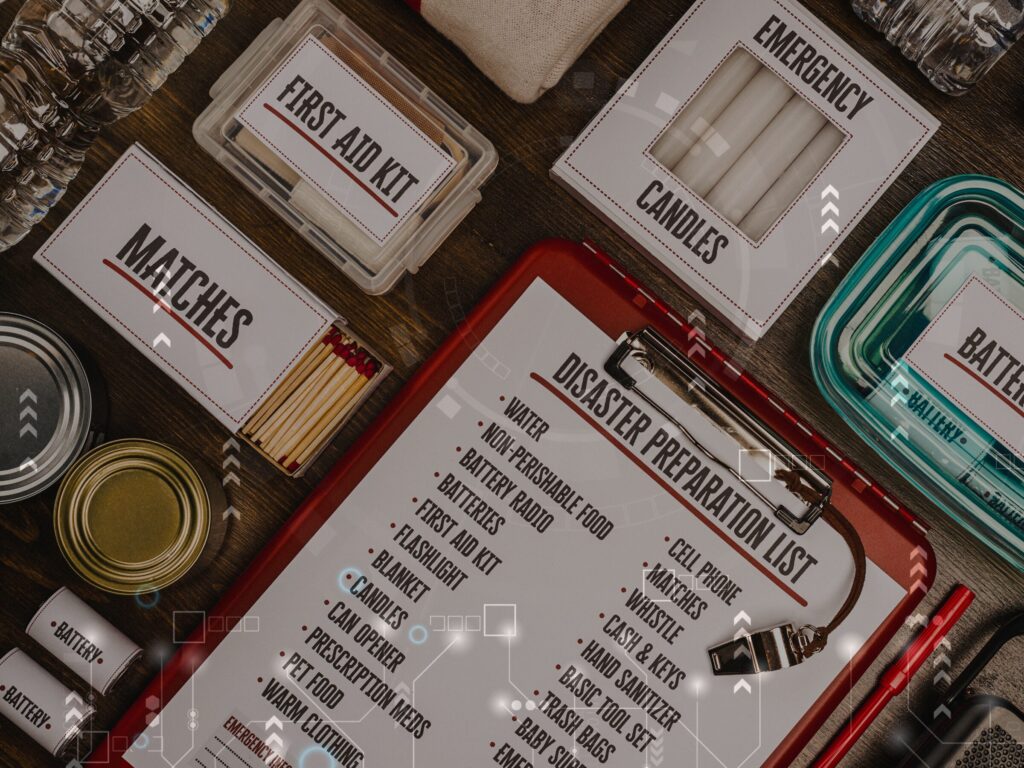Chargebacks and disputes are a major headache for tourism operators. They can be costly, time-consuming, and damaging to your reputation. But there are steps you can take to fight chargebacks and disputes and protect your business.
What is a chargeback?
A chargeback is a formal request from a credit cardholder to their bank to reverse a charge made on their credit card.
There are three main reasons why a credit cardholder might request a chargeback:
- Fraud: The credit cardholder did not authorize the charge.
- Billing error: The charge is incorrect, for example, the wrong amount was charged or the wrong goods or services were delivered.
- Customer dissatisfaction: The credit cardholder is not satisfied with the goods or services they received.
What is a dispute?
A dispute is a disagreement between a tourism operator and a credit cardholder about a charge. Disputes can be resolved informally, through direct communication between the operator and the cardholder, or they can be escalated to a formal chargeback process.
How can tourism operators fight chargebacks and disputes?
There are a number of steps that tourism operators can take to fight chargebacks and disputes.
These include:
- Basic fraud prevention: This includes using a secure payment processor, verifying customer identity, and monitoring for suspicious activity.
- Having clear and concise terms and conditions: These terms should outline your cancellation and refund policies, as well as your policies on goods and services that are not covered by the terms of service.
- Communicating effectively with customers: This includes providing clear and accurate information about your products and services, as well as being responsive to customer inquiries.
- Providing excellent customer service: This means going above and beyond to meet the needs of your customers and resolving any issues that may arise.
- Being proactive: If you believe that a customer is likely to file a chargeback, take steps to resolve the issue before it escalates. This could involve issuing a refund, providing a voucher for future travel, or working with the customer to find a mutually agreeable solution.
- It is important to provide the cardholder’s bank with a written statement of events. The statement explains what the situation is and why the dispute should be ruled in your favor. Include a brief explanation of the services that the cardholder purchased from you, and the terms of the agreement.
For example:
Statement of Events
On January 1, 2023, John contacted my company to request a custom-made wedding cake. He paid the full amount before I started the work. On January 2, 2023, I sent him a hand-drawn design, which he approved. He then paid the invoice for the cake. My refund policy states that I do not offer refunds for custom products. John agreed to these terms when he paid the invoice.
On January 23, 2023, I notified John that the cake was ready and I asked when he would be available for delivery. He replied the same day and told me I could drop it off the following day.
On January 24, 2023, I arrived at John’s home with the wedding cake. He smashed one of the tiers and demanded a refund, saying that he wanted a different flavor of cake. I explained that he had approved the hand-drawn design and that the custom-made cake was non-refundable. I left the remaining tiers of the cake with him.
Reasoning
I believe that the dispute should be ruled in my favor because John approved the hand-drawn design of the wedding cake before I started the work. He also agreed to my refund policy, which states that I do not offer refunds for custom products. Additionally, he smashed one of the tiers of the cake after he received them, which further indicates that he was satisfied with the product.
What steps should tourism operators take at the time of booking?
At the time of booking, tourism operators should take the following steps to help prevent chargebacks and disputes:
- Get the customer’s full name, address, and credit card information. This information will be needed to dispute a chargeback if necessary.
- Verify the customer’s identity. This can be done by asking for their email address, phone number, or other personal information.
- Explain your terms and conditions. Make sure the customer understands your cancellation and refund policies, as well as your policies on goods and services that are not covered by the terms of service.
- Get the customer’s signature or electronic consent. This will help to protect you in the event of a chargeback dispute.
What steps should tourism operators take at the time of the guests arrival?
At the time of the guest’s arrival, tourism operators should take the following steps to help prevent chargebacks and disputes:
- Check the guest’s identification.
This will help to ensure that the person who booked the trip is the person who is actually showing up. You can attach a scanned copy of the ID to their Wherewolf waiver by clicking MORE. - Review the terms and conditions with the guest.
Make sure the guest understands their rights and responsibilities under the terms of service. - Get the guest’s signature or electronic consent.
This will help to protect you in the event of a chargeback dispute.
In addition to the steps outlined above, there are a number of best practices that tourism operators can follow to fight chargebacks and disputes:
- Keep good records.
This includes keeping copies of all booking confirmations, receipts, and correspondence with customers. - Respond promptly to customer inquiries.
This will help to resolve any issues before they escalate into a chargeback or dispute. - Be transparent and fair.
If a customer does file a chargeback, be prepared to provide documentation to support your case. - Work with the credit card company.
The credit card company will investigate the chargeback and make a decision. Be prepared to cooperate with the investigation. - Verify details as you go.
Make sure that your team is confirming guest information where possible. For example, make sure that staff are checking the names on the ID and the names on the guest waiver and booking details all match. If the customer tells you that they have shared their ID already, don’t just take their word at face value! Your process should include approving those documents and attaching them to the necessary guest records yourself.
By following these steps, tourism operators can help to fight chargebacks and disputes and protect their businesses.
Wherewolf creates a guest record for each guest, allowing operators to identify their guests and attach images to the waivers from the staff-facing manifest (such as scanned copies of the ID). Having files such as this can be crucial when contesting chargebacks. If you’re missing these details when submitting evidence against disputed payments, chat to our team today!




















